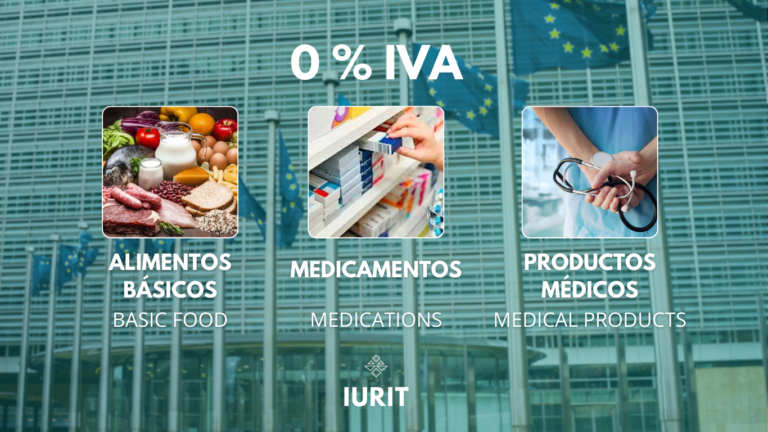The European Commission has opened three infringement procedures against Spain for not adapt their legislation to time to various policy tax of the European Union. These regulations, which are designed to relieve the tax burden and administrative of small and medium-sized enterprises (smes), should have been incorporated into Spanish law prior to 31 December 2024. The inaction of the Government not only creates uncertainty for the business, but it also exposes the country to possible sanctions by the Court of Justice of the EU (CJEU).

Lack of transposition of the new VAT regime for smes
One of the most important aspects is the delay in the implementation of the Directive 2020/285, which introduces a special regime of VAT for small businesses. This scheme allows smes with an annual turnover less than € 85,000 (€100,000 if they operate in several countries of the EU) may be exempted from applying the VAT on your invoices, thus reducing their administrative burden and improving its liquidity.
This new regime seeks to harmonize the exemption thresholds in all of the European Union, eliminating the differences between member States. However, Spain has failed to meet the deadline for your application, preventing Spanish smes can benefit from this more favourable tax treatment.
For companies and freelancers operating in the international arena, this delay creates a situation of uncertainty, since the Spanish legal framework continues to out-of-date compared to the current european legislation.
Legal uncertainty in the application of reduced VAT rates
The second file opened by the European Commission is due to the lack of adaptation of the Directive 2022/542, which gives greater flexibility to member States to set a reduced rate of VAT. Under this rule, the countries can set up to two reduced rates below 15%, apply a type superreducido less than 5% and even grant waivers for essential goods and services.
This regulatory framework aims to promote the accessibility of products as renewable energies, feminine hygiene, public transportation, e-books and digital media. In addition, it allows the application of a VAT zero to food, medicines and medical products essential, a tax benefit that Spain has not been implemented, despite the european directive.
On the other hand, the regulations require the removal of tax exemptions on products harmful to the environment, such as fossil fuels and chemical fertilizers. The lack of legislative update leaves you in a position of risk to both economic operators and consumers, who could see changed their tax obligations abruptly once you deploy the policy.

New business classification and its impact on the regulatory burden
The third infringement procedure against Spain is related to the Directive 2023/2775, which redefines the criteria for the classification of companies according to their size, taking into account the impact of inflation. This update is crucial, as it directly affects the obligations, accounting, tax, and audit of thousands of companies in Spain.
The new criteria state that:
- Micro: Balance sheet less than € 350,000, turnover of up to 700 000 or less than 10 employees.
- Small businesses: Balance maximum of 6 million euros, turnover of up to 12 million euros, or a maximum of 50 employees.
- Medium-sized enterprises: Balance maximum of 20 million euros, turnover up to 40 billion euros or up to 250 employees.
- Large companies: Any business that exceeds two of the three criteria of medium-sized companies.
The adequacy of these thresholds is essential because determines the obligations relating to submission of accounts, audit and publication of financial information. The delay in the transposition generates uncertainty for many companies that could benefit from a less bureaucratic burden if the rule is in effect.
Possible sanctions and legal risks for Spain
The European Commission has granted Spain a within two months to notify the implementation of these policies. Not to do so, the Executive could face a complaint before the CJEU, which would open the door to possible economic sanctions.
From a legal perspective, this scenario reinforces the importance of the security and predictability in the tax legislation. The lack of updating of national legislation with community law not only affects the competitiveness of Spanish companies, but it can also be derived in future legislative amendments for immediate implementation, which would represent a challenge to the tax planning and accounting of the business.
In this context, it is essential that companies have the right advice in order to anticipate regulatory changes and avoid tax contingencies. If you need to assess how these reforms may affect your business or you require a fiscal strategy adapted to the new european legal framework, do not hesitate to contact us for a review of your personal tax situation and regulatory.




